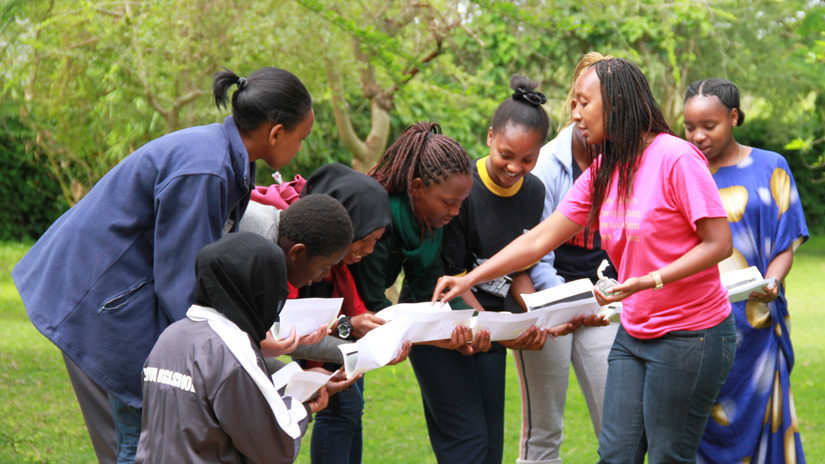What is it about underserved widows in rural communities in Africa that draws our attention to their plights?
In rural areas and parts of Africa, widows who are poor are often isolated, marginalized, forgotten, left out or treated with disdain due to their poor socio-economic status.
In Africa, a married woman is considered socially stable because of their marital status and title but things take a different turn when their significant other and partner becomes late. The luxury and access to the social and economic rights received during the time they remain married becomes lost as soon as they become widowed.
Widows in most parts of Africa especially in the rural areas often struggle to secure a foothold in the society when their significant other becomes deceased. These widows struggle to find a balance and recognition as well as identity in the society. Sometimes the plight of these widows is further aggravated by the inability to provide the daily needs including meals and basic education for their children. This poor socio-economic impact negatively affects provision of the basic needs for the family leading to malnourished children due to lack of adequate daily caloric intake. Another issue with the poor socio-economic state of the widow is the inability to send the children to school due to affordability of services thereby resulting in the children dropping out of school.
Because most of these women marry into households where the significant other is the sole breadwinner of the home it becomes so challenging for these women when such security is lost due to their widowed status. These women become automatically sole providers to the household sometimes with no jobs, skills, education or career that will provide the resources to care for their families.
Sometimes in some cases, these widows are unable to have access to their deceased husbands assets. In situations where the cultural norms define marriages, the relatives of the deceased husband take full possession of the late brother’s assets. In such situations, the widow is left with nothing to take care of herself and the children.
Widowed women need to be empowered with policy reforms that support their right to own ownership and inheritance from their deceased partners. These widows need your help to support them to acquire some learned skills, help fund small businesses, secure access to low cost or free healthcare services to be able to provide for themselves and their children.


 Tessy
Tessy